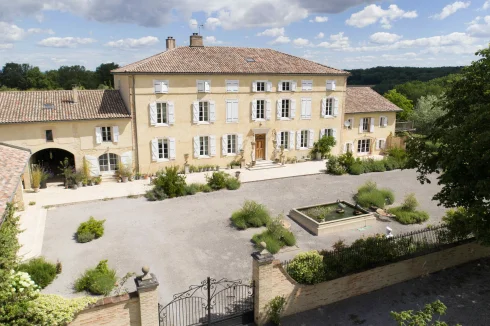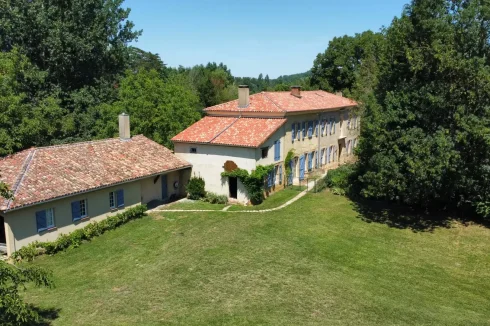EDF Employee Benefits 'Excessive'
Thursday 07 March 2019
The French national auditor has pointed to the "disproportionate and costly" employment advantages of EDF employees.
At a time when there are reports that electricity prices in France may well rise by 6% this spring, a report from the Cour de Comptes has stated that the conditions of service of EDF employees should be reviewed.
Of particular concern to the auditor are the specific features of their pension scheme, whose commitments amounts to €22.6 billion. With the demographic balance of active-retired staff increasingly unfavourable the auditor considers new financial resources will need to be found to fund the scheme.
EDF employees are able to retire at 62 years of age, on a pension that is based on their last six-months salary. Employees in the private sector obtain a pension based on the average of 25 years earnings.
The auditors points out that this special scheme is paid by EDF and their affiliates, but also by consumers through a specific charge.
This charge can be seen on your electricity bill, and is called the contribution tarifaire d'acheminement (CTA).
Although the charge is ostensibly for distribution of the supply, in reality it is used to finance the special pension scheme for staff serving in the electricity and gas industries.
The vast majority of these employees are in large companies such as EDF, ENGIE (formerly GDF), ENEDIS (formerly ERDF), RTE etc. The remaining 8% are employed in 146 local and independent production and distribution companies.
Under the funding arrangement for the pension scheme, employees pay a pension insurance contribution of 12.8%, whist the employer pay total employee social insurance contributions of over 40% of salary.
But the pension fund is also funded from the CTA, which the auditors state amounts around 20% of consumer electricity bills.
In all of this, those in managerial positions in EDF have benefited most, with substantial salaries which have increased above the average of other employees.
Of particular concern to the auditor are the specific features of their pension scheme, whose commitments amounts to €22.6 billion. With the demographic balance of active-retired staff increasingly unfavourable the auditor considers new financial resources will need to be found to fund the scheme.
EDF employees are able to retire at 62 years of age, on a pension that is based on their last six-months salary. Employees in the private sector obtain a pension based on the average of 25 years earnings.
The auditors points out that this special scheme is paid by EDF and their affiliates, but also by consumers through a specific charge.
This charge can be seen on your electricity bill, and is called the contribution tarifaire d'acheminement (CTA).
Although the charge is ostensibly for distribution of the supply, in reality it is used to finance the special pension scheme for staff serving in the electricity and gas industries.
The vast majority of these employees are in large companies such as EDF, ENGIE (formerly GDF), ENEDIS (formerly ERDF), RTE etc. The remaining 8% are employed in 146 local and independent production and distribution companies.
Under the funding arrangement for the pension scheme, employees pay a pension insurance contribution of 12.8%, whist the employer pay total employee social insurance contributions of over 40% of salary.
But the pension fund is also funded from the CTA, which the auditors state amounts around 20% of consumer electricity bills.
In addition to the pension advantages, EDF employees and retirees obtain a minimum 90% reduction in their electricity bills. That benefit is also available in holiday home they may own. The cost of this is estimated at nearly €5 billion a year.
Many employees also enjoy accommodation provided by the company on favourable rents.
Although most work at least 35 hours a week, many employees are able to work no more than 32 hours a week. However, there is up to 32 days annual rest and recuperation for those who work longer hours.
Salaries are substantially higher than those in the private sector. In addition, employees have enjoyed salary increases well in excess of inflation. There is also automatic progression in seniority for all employees.
Their annual leave entitlement is 27 days a year, but with additional days for long service.
No wonder that employee turnover is less than 1% a year.
In all of this, those in managerial positions in EDF have benefited most, with substantial salaries which have increased above the average of other employees.
Related Reading:
Thank you for showing an interest in our News section.
Our News section is no longer being published although our catalogue of articles remains in place.
If you found our News useful, please have a look at France Insider, our subscription based News service with in-depth analysis, or our authoritative Guides to France.
If you require advice and assistance with the purchase of French property and moving to France, then take a look at the France Insider Property Clinic.





